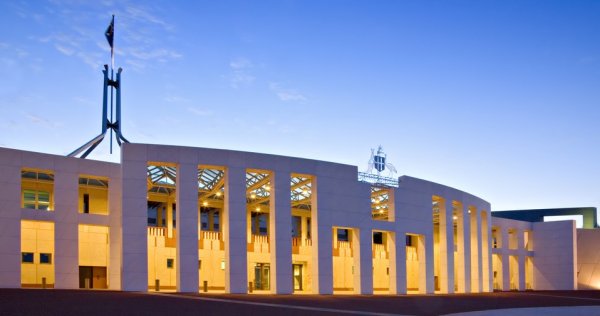The federal government has used 'judgement' rather than 'modelling' to assess the impact of proposed changes to the R&D Tax Incentive program.
The Senate inquiry into the enabling legislation held a public hearing on Friday.
The changes, which include a cut in the R&D Tax Incentive benefit, have raised significant concern across the life sciences sector.
The sector, led by AusBiotech, has welcomed the decision to exclude investment in clinical trials from the new $4 million annual cap on the program's refundable component.
However, it has also expressed concern over the unintended consequences of other changes, including the combined impact of the cut in the R&D Tax Incentive benefit and recent reductions in the rate of company tax. These changes mean small biotechnology companies in start-up or pre-revenue phase will be hit with a 2.5 per cent loss of refund.
Federal government officials effectively confirmed at last week's hearing that the changes were developed based on the need to achieve a savings target rather than any modelling of their potential impact on R&D investment.
Labor Senator Chris Ketter asked officials what modelling was done to assess the impact of the change on R&D investment.
"It's a difficult question," said one official.
"As you're aware, there are several different elements of the package here that are moving things in different directions. There will be some companies who will receive a greater incentive under this change; there will be some companies who receive a lower incentive under this change."
"Can you provide that modelling to the committee?" asked Senator Ketter.
"It's not a set of modelling; it's a set of judgements that we formed based on the available information and data," was the response.
Senator Ketter than asked for a copy of these 'judgements'.
"That is the judgement. There wouldn't be anything further to provide than that. There's nothing written down on that," was the response.
Officials then confirmed that any modelling of the change was restricted to the "impact on the tax system and the expenditure - the budget bottom line. We don't have a view on what will happen to the total research and development. It's not a part of our modelling."
"There wasn't any forward modelling done on expenditure on R&D," they added.
In a speech earlier this year, then treasurer and now prime minister Scott Morrison said the changes would seek to restore the “integrity of the program” in response to accusations of the “mining of tax incentives” and “arbitrary use”.
Yet confirmation no modelling has actually been done, and the reform is effectively based on a savings target, raises serious questions about these assertions.
In its submission, Deloitte said the proposed changes undermine the long-term success of investment in Australian R&D, saying it will "irreversibly decline".
"There are a number of significant structural and economic concerns with the proposed R&D changes, reflected across a wide range of key Australian industries. These are set out in detail in our attached submission to Treasury lodged in July of this year," it said in a submission to the hearing.
"Notably, the R&D Tax Incentive has always been broad based as a central policy tenet. These measures will serve to introduce discrimination between industries and companies depending on their business models and global structure. Low-margin industry sectors will be punitively affected, and other companies will need to incur an enormous and unrealistic quantum of R&D expenditure even approach matching the existing 8.5% tax benefit available for larger companies.
"The consultation documents have used unrealistic examples of the positive effects of the changes, which we believe would be highly unlikely to match any true profile of an operating Australian business. It has also not been recognised that the permanent $150 million cap may prevent a handful of the high intensity companies from actually accessing the higher premium rates proposed."
